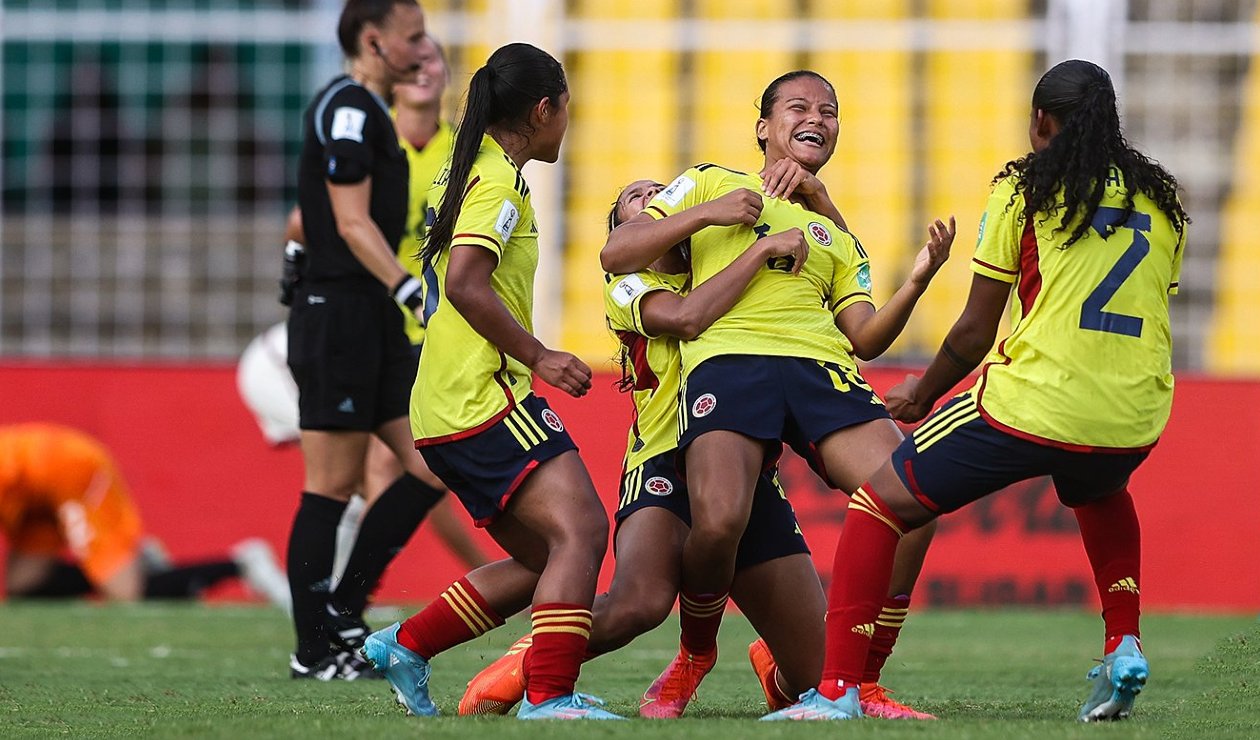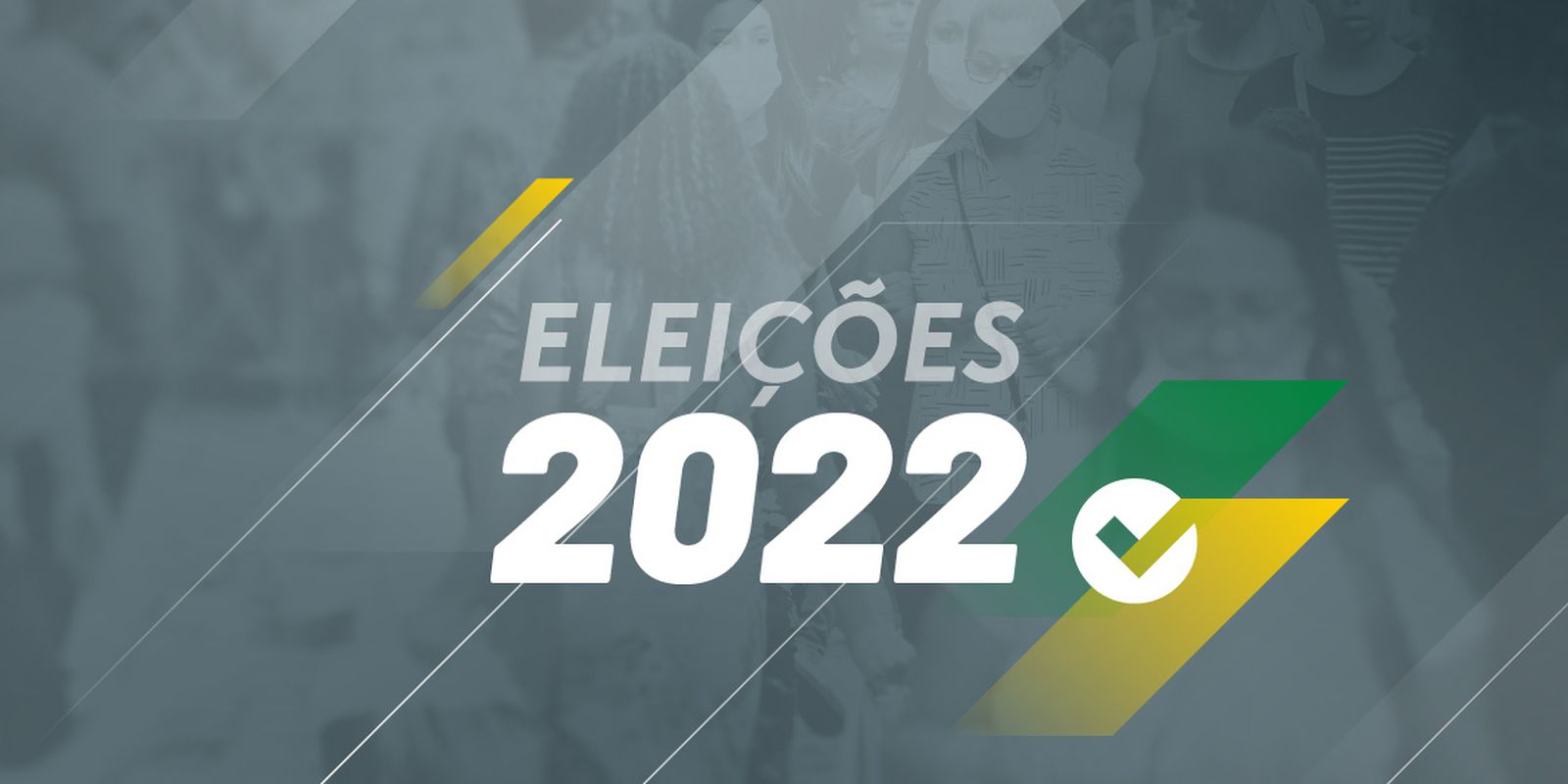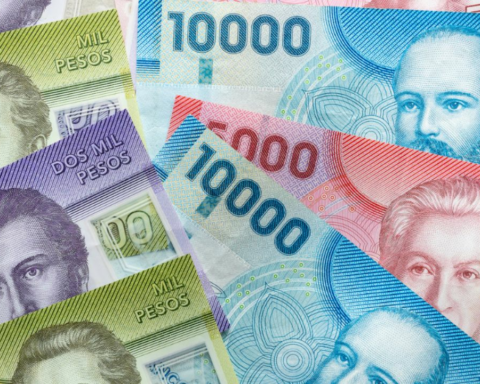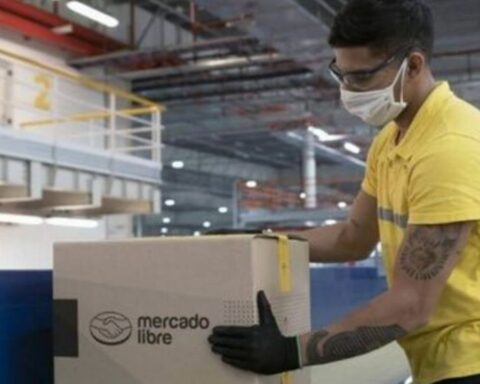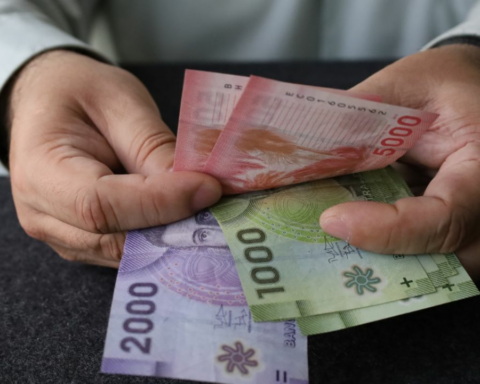After 65 years of history, the Christian Democracy (DC) today is going through what is probably its greatest internal crisis, and faces a complex panorama to avoid its final outcome. In fact, at its next national meeting, which will be held in mid-November, a decision will be made regarding the continuity of the current board, headed by the interim president, Aldo Marones, after the forced resignation of its former helmsman and mayor of The Farm, Felipe Delpin.
In this context, the crisis is exacerbated by the recent resignations of senators Matías Walker and Ximena Rincón, who for months have been in a public confrontation with their party’s board of directors, particularly for their decision to support and campaign for the Rejection, Contravening the position in favor of the Approval defined by the national board of the phalanx prior to the plebiscite of last September 4. A departure that adds to that of the regional governor of Los Lagos, Patricio Vallespín, in addition to the governor of the Metropolitan Region and former presidential candidate, Claudio Orrego, who left the DC on October 10.
Precisely, in recent months, more than 800 militants have resigned from a group that these days remains on an artificial respirator, very close to falling into the dreaded definitive insignificance. Without being part of the Government or belonging to the opposition – today administered by the right -, the phalanx is currently mired in a situation of uncertainty, after its support for the Approval was read as an evident sign of an encounter with the ruling party.
But today, the reality of the party is very different from that of a few years ago, when its political and historical weight was attractive for the accumulation of forces, whose concrete example was its participation in the governments of two extinct conglomerates: the Concertación de Partidos por Democracy and the New Majority. At present, as they admit from the bases of the community, the absence of a firm position and a clear political horizon has caused classic militants to resign, not only because they do not agree with the management of the current directive, but because in The fund knows that electorally the DC brand is depreciated and delegitimized.
In this regard, one of the unionists who has been determined to publicly criticize the existence of “two souls” within the party is the senator for the Araucanía region, Francisco Huenchumilla, who, prior to the exit plebiscite, warned of the critical situation of the phalanx, warning of the possibility of a definitive fracture. Defender of the position defined by his national board in favor of Approval, the parliamentarian assumes that at this time he could not play an active role in an eventual attempt to save DC from his death, because he has recognized that he is experiencing the twilight of his political career, and due to recent events, he would be disenchanted with the turns that the country has taken. Beyond assuming a media role, the historic Falangist militant can do little to avoid catastrophe.
Precisely this Friday Huenchumilla told CNNChile that “the DC, in the last 20 years, was losing the battle of ideas and was winning the operation, the internal machine, control of power, control of the party, access to public office, patronage.” In addition, the senator criticized Walker and Rincón for being the standard-bearers of an attempt to “right-wing” the community, understanding that “when the DC board said I approve and well-known representatives rebelled against that, they did not abide by what was decided in the meeting and they were the banners of the Rejection, but not with their own movement in front of the right but with the right”, he pointed out.
For their part, and as for the fate of the outgoing senators Matías Walker and Ximena Rincón, they would eventually report in the coming days on their withdrawal from the Democratic Party project, eventually adding the former conventional Felipe Harboe. According to sources close to the emerging space, the objective is to form a group that contains the “concertacionist spirit”, and it is very likely that Rincón will become its presidential candidate. Although there was speculation about the possible closeness of the parliamentarians to Amarillos for Chile, it is an option that would be ruled out, because, although Cristián Warnken is the visible face, they assume that it is a party managed by former DC helmsmen Gutenberg Martínez and Soledad Alvear.
Paths from the crisis
In this scenario, the Democratic Party – with Walker and Rincón at the head – would not be the only space created after the gradual dismemberment of the phalanx. In turn, the resignation of Claudio Orrego, who will probably be joined by the mayor of Peñalolén and president of the Chilean Association of Municipalities (AChM), Carolina Leitao, would respond to another attempt. They, having been from the Approve, would seek to put together their own referent, more social democratic, with Orrego at the head, with a view also to cementing a future presidential race.
Meanwhile, among the militants who survived the disintegration of the party, strategies are planned and possible attempts are being made to redirect the store, saving it from extinction. Among them, the deputy Alberto Undurraga, who assured that he is currently in private conversations to decide the steps to follow, could hypothetically assume the responsibility of going for the presidency, with the illusion of recomposing the party, since he would see it as an opportunity to stay in history.
Precisely, in a video sent by Undurraga to the militants, he stated that “the resignation of two governors, a senator and a senator, show the depth of the crisis in DC, but I think we have to play for an institutional solution for deep reforms in the Christian Democracy, and from this to build with other parties and other movements a new center-left referent, to meet again all of us who think alike”.
At the same time, and according to what the phalanx admits, out of all odds, the longest-serving militants and defenders of the party’s historical tradition, such as former President Eduardo Frei Ruiz-Tagle and former DC helmsman, Andrés Zaldívar, would be pulling the strings to install another directive, with control in their hands, considering Senator Iván Flores as their presidential candidate.
Still unknown is the position that the senator and former presidential candidate, Yasna Provoste, will take, who has lost influence and leadership, according to their bases. Considering that her main role in recent months was to counteract the figure of Ximena Rincón, the parliamentarian is left without a rival and eventually, with few tools to contribute to the reconfiguration of the party.
This is how the plot of the decomposition of a traditional political space in Chile is built, which will live in the coming weeks instances of great importance to define its destiny. To prevent the DC and its today confused guidelines from succumbing and being forgotten, historical militants will face each other to assume the role of “saviors” of a fragmented party, on the verge of insignificance.


